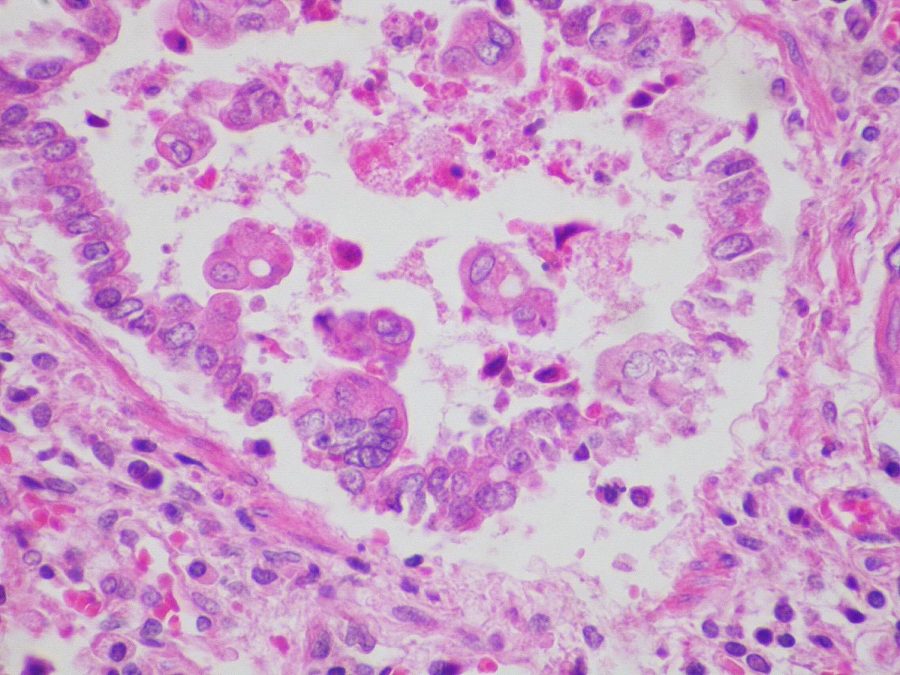RSV Cases Rise As Winter Approaches
December 19, 2022
Winter is coming and with it are many seasonal diseases. Increasing outbreaks of RSV (respiratory syncytial virus) are filling up children’s hospitals and causing severe respiratory problems in infants across the nation. According to PBS, RSV typically causes 58,000 hospitalizations and up to 500 deaths in children under the age of five each year. These numbers have been increasing significantly recently. But what exactly is RSV? Why is it suddenly becoming so much more common and what can we do about it?
According to PBS, RSV is a common disease that induces cold-like symptoms such as a runny nose, fever, and cough. Although it can affect people of all ages, it is most severe in infants and the elderly. Severe symptoms can include shortness of breath, wheezing, and fast breathing, according to CBS News. Per CDC, those at the greatest risk for severe symptoms are premature infants, infants( especially those six months and younger), children younger than two-years-old with chronic lung disease or congenital heart disease, children with weakened immune systems, and children who have neuromuscular disorders. Given the current spike, more than 7,000 tests have come back positive for RSV three weeks ago.
After numerous restrictions due to COVID-19, particularly quarantine and mask-wearing, children’s immune systems are not as strong as they used to be. After being sheltered from common bugs and diseases, RSV is now hitting harder than ever. The immune systems of children are not well prepared to fight off this virus. “It’s an incredible spike right now and it’s across the nation,” National Jewish Health’s Chair of Pediatrics Dr. Pam Zeitlin said. “I am shocked at the number of children over the age of two who are coming into our triage unit, or are being seen at emergency rooms across the city.”
RSV can escalate to pneumonia and bronchiolitis, so caution is required when dealing with its symptoms. Although there isn’t a true treatment for RSV, one can stay safe by washing one’s hands regularly, covering one’s hands when sneezing, and wearing a mask if symptoms such as a runny nose, decrease in appetite, and cough arise.


















































































































































